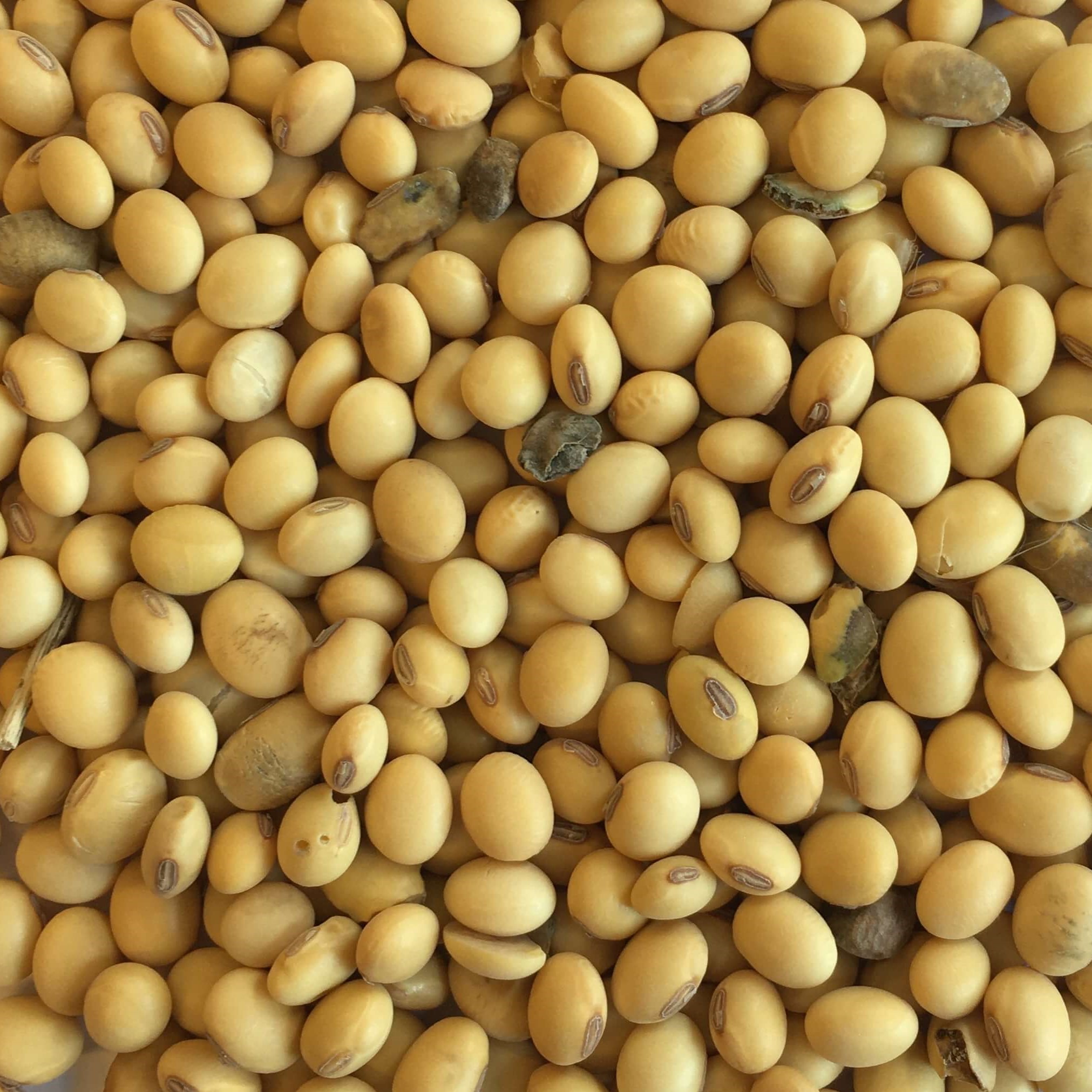What Are Organic Proteins: Your Ultimate Guide To Natural Nutrition
Alright, let’s get this conversation rolling. If you’re here, chances are you’ve heard the buzzword “organic proteins” being thrown around like confetti at a party. But what exactly are they, and why should you care? In a world where food labels can feel like a maze of jargon, understanding organic proteins is more than just a health trend—it’s about making smarter choices for your body and the planet. So buckle up, because we’re diving deep into the nitty-gritty of what makes organic proteins stand out.
Now, before we dive headfirst into the science and benefits, let me set the scene for you. Organic proteins aren’t just another fad; they represent a shift toward cleaner, more sustainable eating habits. People are starting to wake up to the idea that what you put in your body matters—big time. Whether you're a gym enthusiast, a health-conscious foodie, or someone just trying to eat better, understanding organic proteins can transform the way you think about nutrition.
But here’s the kicker: not all proteins are created equal. The difference between regular proteins and organic ones goes beyond just a label on a package. It’s about how these proteins are sourced, processed, and delivered to your plate. And trust me, once you know the ins and outs, you’ll never look at protein shakes or tofu the same way again. So let’s break it down, shall we?
Read also:Kirsten Too Sweet Nude The Untold Story Behind The Viral Sensation
Understanding Organic Proteins: The Basics
What Makes Proteins Organic?
Let’s start with the basics. Organic proteins are derived from sources that are grown or raised without synthetic pesticides, genetically modified organisms (GMOs), or artificial fertilizers. These proteins come from plants and animals that are treated with care, ensuring their natural integrity remains intact. Think of it as giving your body the purest form of fuel possible.
Now, here’s where things get interesting. For a protein to qualify as organic, it must meet strict regulations set by governing bodies like the USDA. This means no shortcuts, no chemicals, and no funny business. The process is rigorous, but the payoff is worth it. You’re not just consuming protein; you’re supporting ethical farming practices and healthier ecosystems.
Why Should You Care About Organic Proteins?
Okay, so you might be wondering, “Why does it matter if my protein powder is organic or not?” Great question! The answer lies in the impact on both your health and the environment. Organic proteins are free from harmful additives that can mess with your hormones, digestive system, and overall well-being. Plus, they’re kinder to the planet, reducing pollution and promoting biodiversity.
But let’s not forget the taste factor. Many people find that organic proteins have a richer, more natural flavor compared to their conventional counterparts. No weird aftertaste, no chemical undertones—just pure, unadulterated goodness. And who doesn’t want that?
The Benefits of Choosing Organic Proteins
Healthier for You
One of the biggest reasons people choose organic proteins is for the health benefits. By avoiding synthetic chemicals and additives, you’re reducing your exposure to potential toxins. Studies have shown that organic foods, including proteins, often contain higher levels of antioxidants and essential nutrients. This means your body gets more bang for its buck with every bite or sip.
Take collagen peptides, for example. Organic collagen is sourced from grass-fed cows, ensuring it’s free from antibiotics and hormones. Not only does this make it safer for consumption, but it also supports better skin, hair, and joint health. And let’s face it, who wouldn’t want that kind of glow-up?
Read also:Unlocking The Secrets Of Tokyo Just Paste It Your Ultimate Guide
Better for the Planet
Let’s shift gears and talk about the environmental impact. Organic farming practices prioritize sustainability, which is crucial in today’s world. By choosing organic proteins, you’re supporting farmers who use methods that preserve soil health, conserve water, and protect wildlife. It’s like giving the Earth a big ol’ hug.
Plus, organic farms tend to produce less greenhouse gas emissions compared to conventional ones. So not only are you fueling your body, but you’re also helping to combat climate change. Talk about a win-win situation!
Supporting Ethical Practices
Another reason to love organic proteins is the ethical aspect. When you choose organic, you’re supporting farmers and producers who treat their animals and workers with respect. This means no overcrowded factory farms, no unnecessary cruelty, and fair wages for those involved in the production process.
It’s easy to forget the human side of food production, but it’s an important factor to consider. By opting for organic, you’re casting a vote for a more compassionate and equitable food system. And isn’t that something we can all get behind?
Common Sources of Organic Proteins
Plant-Based Proteins
If you’re looking to go full-on plant-based, there’s no shortage of options when it comes to organic proteins. Think about legumes like lentils, chickpeas, and black beans. These humble ingredients pack a powerful protein punch and can be easily incorporated into meals. Plus, they’re incredibly versatile, so you’ll never get bored.
Then there’s the rise of trendy alternatives like pea protein, hemp protein, and brown rice protein. These plant-based wonders are not only organic but also hypoallergenic, making them ideal for those with dietary restrictions. Whether you’re blending them into smoothies or adding them to baked goods, they’re a game-changer in the kitchen.
Animal-Based Proteins
For those who prefer animal-based proteins, organic options are just as abundant. Grass-fed beef, pasture-raised eggs, and wild-caught fish are all excellent choices. These sources provide high-quality protein while ensuring the animals are treated with dignity and respect.
And let’s not forget dairy! Organic yogurt, milk, and cheese are rich in protein and calcium, making them a staple in many diets. Just be sure to check the labels for certification to ensure you’re getting the real deal.
How to Incorporate Organic Proteins into Your Diet
Tips for Beginners
If you’re new to the world of organic proteins, don’t worry—it’s easier than you think. Start by swapping out one conventional protein source for an organic alternative. For example, try using organic almond butter instead of regular peanut butter. Small changes can make a big difference over time.
Another tip is to experiment with recipes. There are countless ways to incorporate organic proteins into your meals, from hearty stews to protein-packed salads. The internet is your oyster when it comes to finding inspiration, so don’t be afraid to get creative.
Meal Prep Ideas
Meal prepping with organic proteins is a great way to stay on track with your health goals. Cook up a batch of quinoa or brown rice and pair it with organic tofu or tempeh for a quick and easy lunch. Or, whip up a batch of overnight oats with organic protein powder for a delicious breakfast on the go.
And let’s not forget snacks! Organic protein bars and nuts are perfect for curbing hunger between meals. Just be sure to read the labels carefully to avoid hidden sugars and additives.
Debunking Common Myths About Organic Proteins
Myth #1: They’re Too Expensive
One of the biggest misconceptions about organic proteins is that they’re prohibitively expensive. While it’s true that they may cost a bit more upfront, the long-term benefits outweigh the price tag. Plus, with the growing demand for organic products, prices are gradually becoming more competitive.
Another thing to consider is the value you’re getting. When you choose organic, you’re investing in your health and the environment. Isn’t that worth a few extra dollars?
Myth #2: They’re Not as Effective
Some people believe that organic proteins aren’t as effective as conventional ones when it comes to building muscle or supporting athletic performance. But research shows that this simply isn’t true. Organic proteins are just as capable of delivering the amino acids your body needs to thrive.
In fact, many athletes and fitness enthusiasts swear by organic proteins because they feel cleaner and more energized after consuming them. So if you’re worried about sacrificing results, rest assured that you’re making the right choice.
Expert Insights on Organic Proteins
What the Experts Say
According to nutritionists and dietitians, organic proteins are a key component of a balanced diet. They provide essential amino acids that support muscle repair, immune function, and overall well-being. Plus, they’re easier on the digestive system, which is a major plus for many people.
Dr. Jane Goodbody, a leading expert in nutritional science, emphasizes the importance of choosing organic whenever possible. “It’s not just about what you eat,” she says, “but how it’s grown and processed. Organic proteins offer a level of purity and quality that you simply can’t find in conventional products.”
Real-Life Success Stories
Don’t just take our word for it—there are countless success stories from people who have made the switch to organic proteins. From improved energy levels to better digestion, the benefits are real and tangible. One such story comes from Sarah Thompson, a fitness enthusiast who credits organic protein powder for helping her achieve her goals.
“I was skeptical at first,” Sarah admits, “but after trying an organic protein blend, I noticed a difference almost immediately. My workouts felt stronger, and I didn’t have that heavy, bloated feeling afterward.” Stories like hers are a testament to the power of making informed choices.
The Future of Organic Proteins
Trends to Watch
The world of organic proteins is evolving rapidly, with new innovations and discoveries emerging all the time. One exciting trend is the development of lab-grown proteins, which promise to revolutionize the industry. These cutting-edge technologies could make organic proteins even more accessible and sustainable in the future.
Another trend to watch is the rise of exotic protein sources, such as cricket flour and spirulina. While they may sound unusual, these options are packed with nutrients and offer a unique twist to traditional diets. Who knows? They might just become the next big thing in the world of organic proteins.
What’s Next for Consumers?
As consumers become more educated about the benefits of organic proteins, demand is expected to soar. This means more options, better pricing, and increased accessibility for everyone. It’s an exciting time to be part of the organic movement, and the possibilities are endless.
So whether you’re a long-time fan of organic proteins or just dipping your toes in the water, there’s never been a better time to explore this fascinating world. Who knows—you might discover your new favorite food in the process!
Conclusion: Why Organic Proteins Matter
Let’s recap what we’ve learned. Organic proteins are not only healthier for you but also better for the planet and the people involved in producing them. They offer a cleaner, more sustainable way to fuel your body and achieve your health goals. And with so many delicious options available, there’s no excuse not to give them a try.
So here’s my challenge to you: make the switch to organic proteins today. Try one new product or recipe, and see how it makes you feel. Share your experience with friends and family, and inspire others to join the movement. Together, we can create a healthier, happier world—one protein at a time.
And don’t forget to leave a comment below or share this article with someone who might benefit from it. The more we spread the word about organic proteins, the greater the impact we can have. So what are you waiting for? Let’s get started!
Table of Contents
- Understanding Organic Proteins: The Basics
- The Benefits of Choosing Organic Proteins
- Common Sources of Organic Proteins
- How to Incorporate Organic Proteins into Your Diet
- Debunking Common Myths About Organic Proteins
- Expert Insights on Organic Proteins
- The Future of Organic Proteins
- Conclusion: Why Organic Proteins Matter


